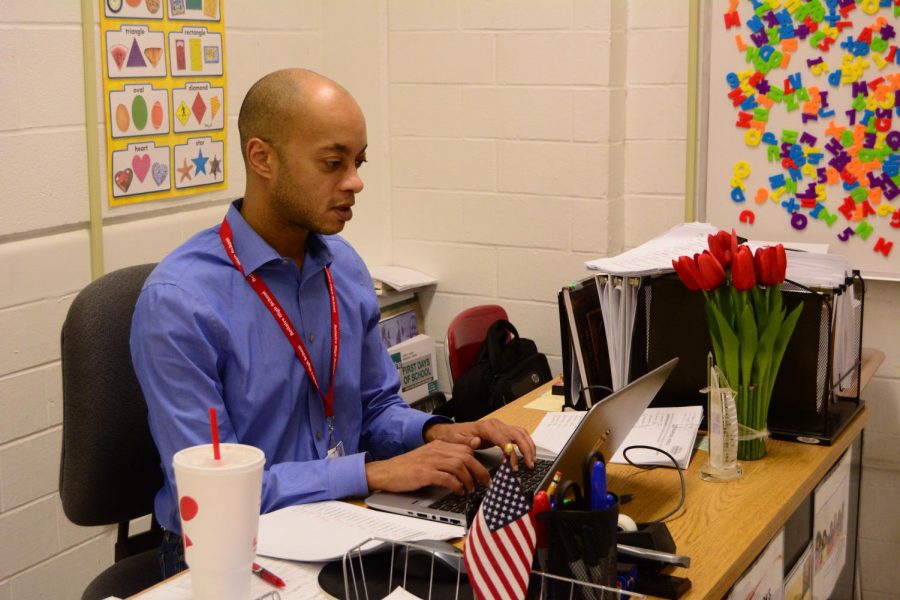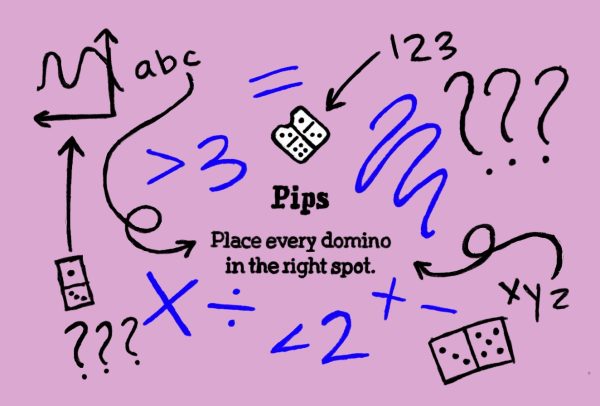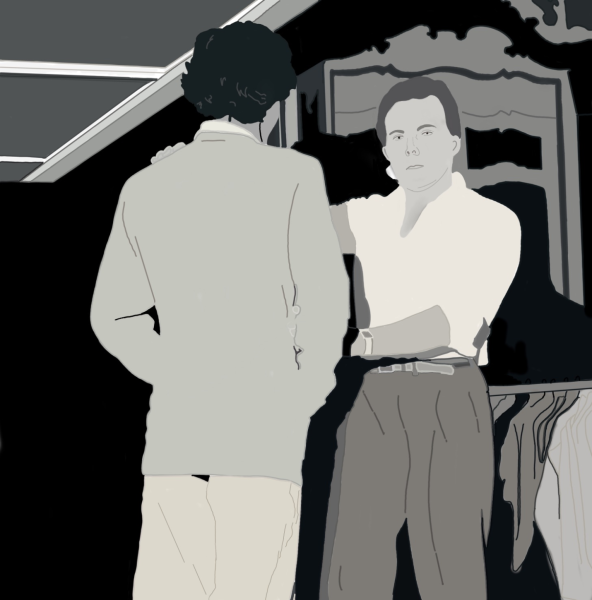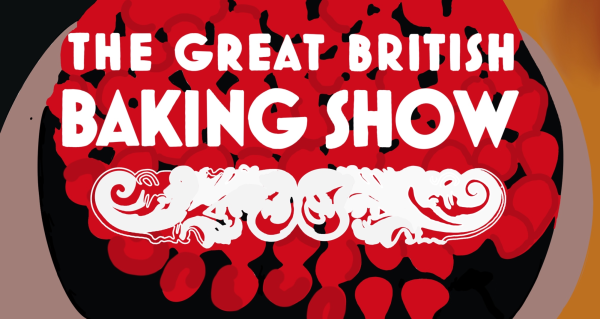New Teacher Q & A with Greg Gaylor
Q: First, could you spell out your first and last name?
A: So my first name is Gregory and my last name is Gaylor.
Q: Perfect. What subject do you teach?
A: ESL Reading, so english as a second language reading.
Q: And this is your first year at Bellaire?
A: Yes this is my first year at Bellaire.
Q: And have you taught at other high schools before? Or any school?
A: I taught in the past at Japan. I was there for about four years teaching english grammar, english language, english customs, american culture, to japanese high school students.
Q: So you’re very experienced teaching english to people who don’t normally speak it.
A: Right, yeah I’ve got experience, knowledge, skills, in teaching non – native speakers, non – native americans if you will, if you want to put it that way, about english language, about english grammar, about the english alphabet, american customs, american norms, american pop – culture, american culture, all of that kind of stuff.
Q: So before this you were in Japan for four years and then you decided to come back?
A: Well, before this, yeah I was in Japan a while ago, about four years I was there which was a while ago, but before coming to Bellaire, I was working at different japanese companies in America. Sales, marketing, resources, HR, so I’ve always had a really strong bond with anything japanese or Japan. I lived there for a long time, I have always worked at japanese companies. I am very familiar with everything japanese. When I was living in Japan I went to other countries in Asia like China many times, the Philippines, Thailand, South Korea like five or six different times. So I’ve had a really long relationship with Asia, but specifically with Japan for a long time.
Q: So how did you decide you wanted to be an ESL teacher?
A: I believe that we’re all immigrants. Every single person that has lived or come into this country, they were somewhere first before coming here. Except for Native Americans, they were the first ones here. Everybody else that came after that has come from someplace different, and has managed to thrive and succeed and become one big family. I guess that’s what it means to be a citizen, a family member, a person in the United States. Part of my hobbies is learning about different customs and different cultures, and traveling around the world and learning different languages. So on the flip side of that, it’s kind of my hobby to teach what I know, to teach my culture, customs, and my language to people who are newcomers to this country just to make sure that they actually have the skill sets and the talents that they need to become a fully functioning member of this society. That way they can reach their fullest potential in this country.
Q: So what’s the general race or demographic of the students in your class?
A: A lot of spanish speakers from Honduras and Guatemala, El Salvador, but we also have a lot of those students who speak Arabic, who speak Chinese, who speak different dialects of Arabic if they’re from Palestine, or from Sudan. We’ve got some hebrew speakers as well, we’ve got some russian speakers. I would say about 80% of the students are hispanic, primarily from central america, but the other 20% are arabic speakers, chinese speakers, speakers of russian, things like that.
Q: So are most of your students new to the US?
A: Most of my students are new to the US, they’re beginners, so I’m teaching them how to read, the alphabet, the difference between long vowels and short vowels, vowels and consonants, things of that nature. I would say that most of them are beginners or intermediate. I have one class of advanced, and they’ve been here for a couple of years, or they’ve learned english someplace else outside of Bellaire or Houston or Texas or The States, and have come to Houston with already a substantial amount of knowledge and ability in english. So most have been here for three months, three weeks maybe, so they’re brand new.
Q: Do you ever find any problems in communicating or them asking you questions?
A: I do, of course. I think that’s part of the learning process for both myself and also my students. I think that’s what kind of makes life interesting, different people with different challenges.
Q: Everyone’s got a different story.
A: Everyone’s got a different narrative, everyone has a different story, a different journey, and I think if we all had the same journey or if we all had the same background it would be a really boring kind of life. There is so much beauty in gray. You take the black, you take the white, combine it, and you’ve got all these different shades and hues of gray, and that makes life interesting and amazing. If we were all the same, it would just be so boring. So I do have a lot of different narratives. Some students are here because they were fleeing persecution in their countries, or here looking for a better way of life, or their parents were here for several years and they finally came to join them. They might be here at the medical center because one of their relatives or siblings might be sick and getting assistance here at the world – renowned medical center. There’s lots of different tales and experiences, countries, cultures, languages, and it’s all just beautiful. I think that’s what makes Bellaire High School, that’s what makes Houston, literally the most diverse city in America. The numbers, the statistics, the data proves that Houston is the most diverse city in America, and being at a school like Bellaire, just looking at all these students walking down the halls, you can really see the broad array of stories and you can see how Houston is such a melting pot.
Q: So today was the first full day of classes that we’ve had, did you have any expectations for your classroom?
A: We’ve had two days of advocacy and brief classes so I had a general idea of my class. I’m dealing with a lot of freshmen and students that don’t understand the language. So I’m dealing with a lot of different backgrounds. Being a freshman, being at Bellaire for the first time in your whole entire life, as well as some students not speaking english, brings almost a double barrier if you will. There are some special challenges that I was anticipating, but that’s what I’m here for. When they have questions, I can provide an answer. Anything that they are confused about I can sort of guide and support them, and be the friendly face that they can approach with any sort of question that they might have. Whether it’s about the school, city, state, country, english language, anything that they would like to know about I’m more than happy to assist them. That’s what I’m here for.
Q: How would you describe your teaching style?
A: My teaching style is to be extremely flexible, to be open and honest, and to provide a great first introduction to my students about what an American is, and who an American is. I know that for newcomers, coming into the country is not the most welcoming experience. There are a lot of things going on in Washington D.C. that aren’t the most positive things for newcomers. But I want my students to know that the American politics aren’t representative of a whole of what the American public believes. What they’ve heard and seen in the media don’t reflect what your average public citizen is thinking. So I want them to realize that they are my students, they’re amongst friends, family, people that will take care of them and make sure they feel safe, to feel warm and secure, and to feel cared for. I think once you plant those fundamental one – on – one human elements, everything there after can grow.
Q: Lastly, what’s your favorite part about teaching your class?
A: My favorite part about teaching is seeing my student’s eyes open with curiosity and creativity, and seeing the journey that they go through, seeing them grow, seeing how they’ve increased their knowledge and watching them expand their abilities. It’s really like seeing a baby grow into a full – fledged adult.
Q: Thank you so much for taking time out of your busy schedule to do this interview.
A: It was my pleasure, thank you for reaching out to hear my thoughts.
Your donation will support the student journalists of Bellaire High School. Your contribution will allow us to purchase equipment and cover our annual website hosting costs.







